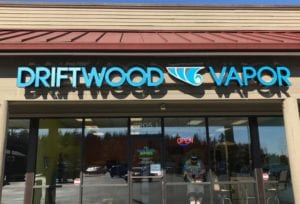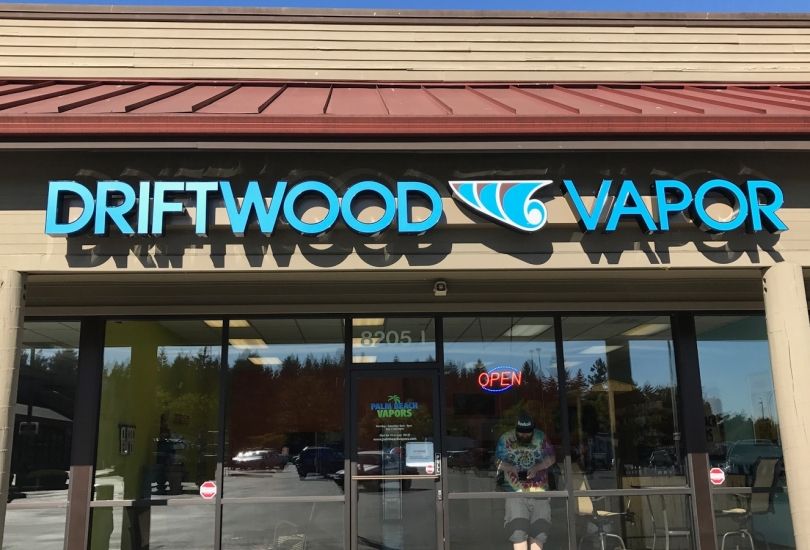The U.S. Food and Drug Administration (FDA) is intent on removing vaping products from the market that have not submitted a premarket tobacco product authorization (PMTA). The latest companies to receive warning letters are Van Howling Enterprise LLC d/b/a Driftwood Vapor and Super Vape’z, bringing the total number of warning letters for the illegal sale of vapor products to 82 in 2021. The letters were posted on the FDA’s website on April 5, the same day the businesses received the warnings.

Driftwood received the warning for selling its Driftwood Vapor Watermelon 3mg e-liquid without a marketing authorization order and has over 3,600 products registered with the FDA. Super Vape’z received a warning for its Premium E-liquid Apple Mango 60ml 12mg e-liquid and has over 700 products listed with the FDA. Many of the FDA’s letters so far have gone to local vape shops that manufacturer their own e-liquid in the store, as is the case with Driftwood Vapor, for example.
The FDA states that the companies failed to submit PMTAs by the required Sept. 9, 2020 deadline. The FDA also states that “the violations discussed in this letter do not necessarily constitute an exhaustive list” and companies should quickly address any products that violate the same rules as the product mentioned in the letter.
In February, the director of the FDA’s Center for Tobacco Products, Mitch Zeller, said that there were over 400 million vaping-related products that required a PMTA in order to remain on the market. “These warning letters are the result of continued surveillance and internet monitoring for violations of tobacco laws and regulations. We want to make clear to all tobacco product manufacturers and retailers that the FDA is keeping a close watch on the marketplace and will hold companies accountable for breaking the law,” said Zeller.
Companies that receive warning letters from the FDA have to submit a written response to the letter within 15 working days from the date of receipt describing the company’s corrective actions, including the dates on which it discontinued the violative sale, and/or distribution of the products. They also require the company’s plan for maintaining compliance with the FD&C Act in the future.

